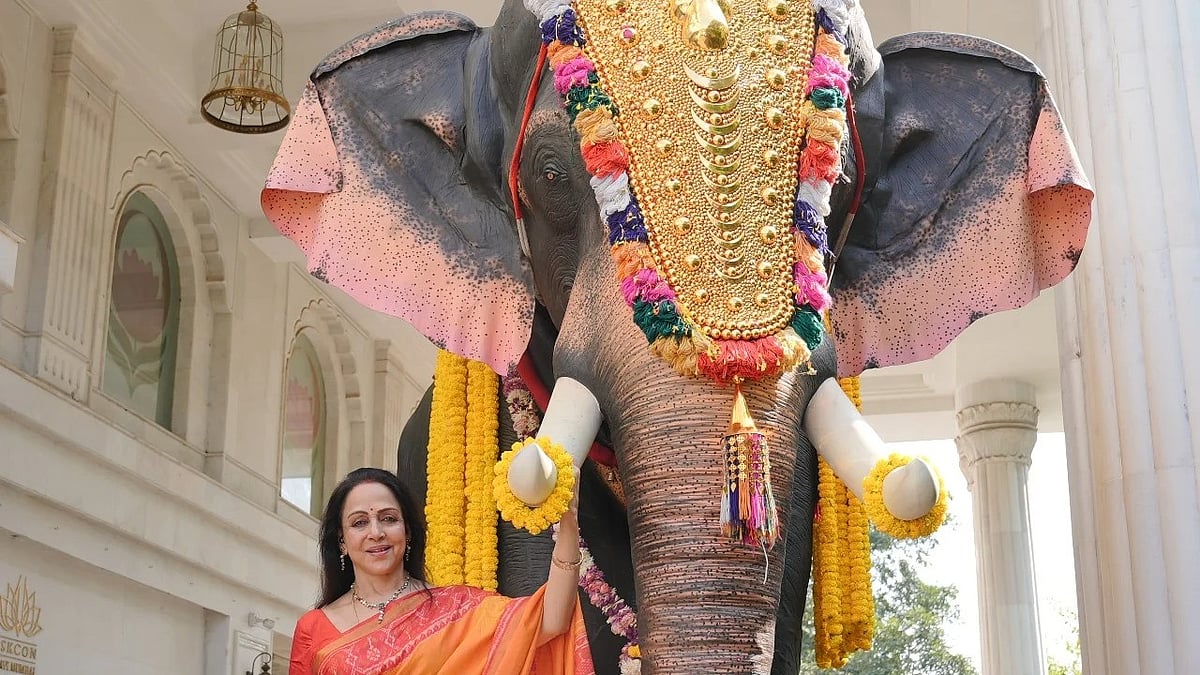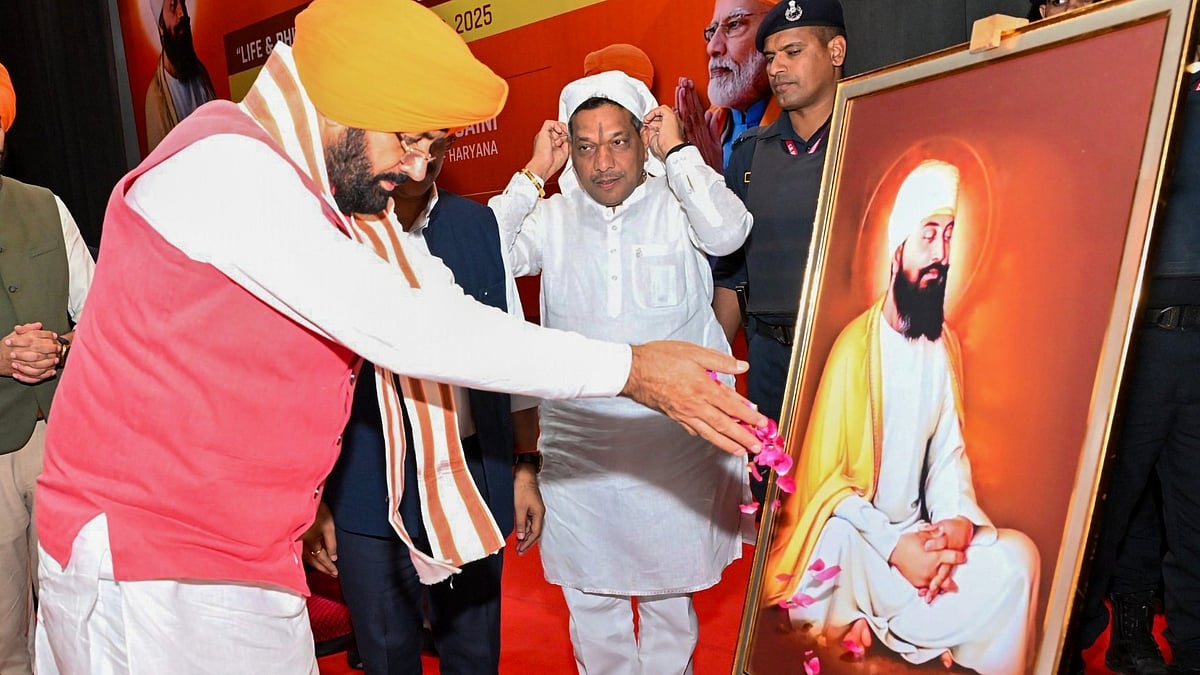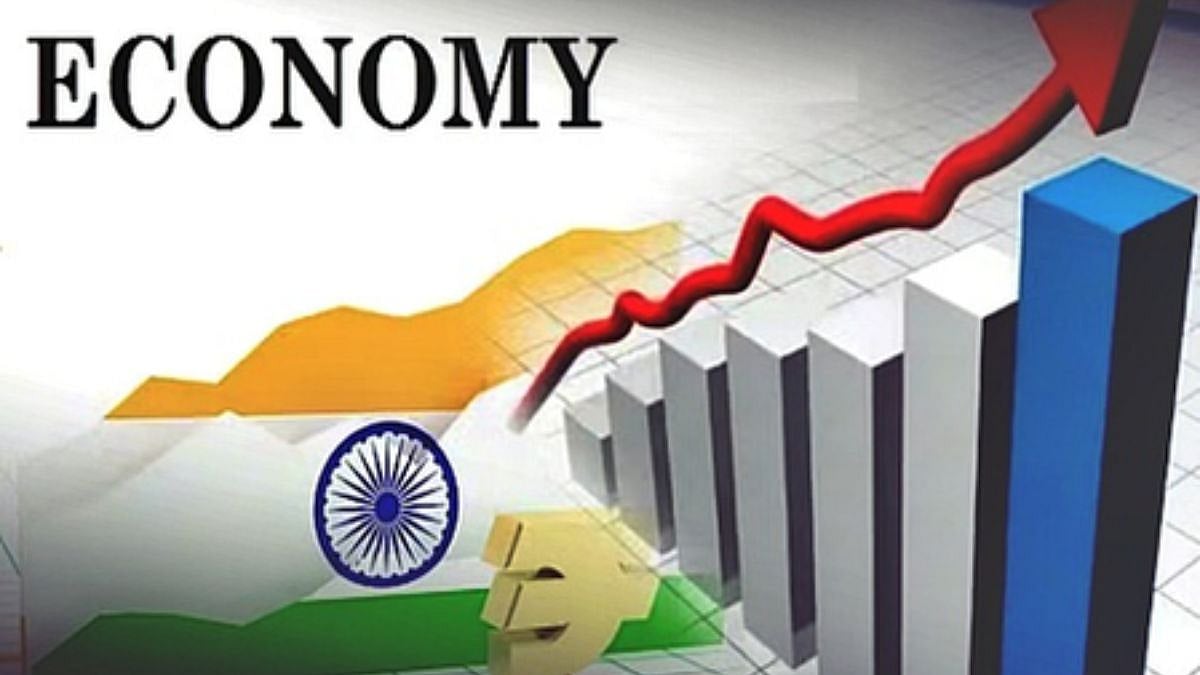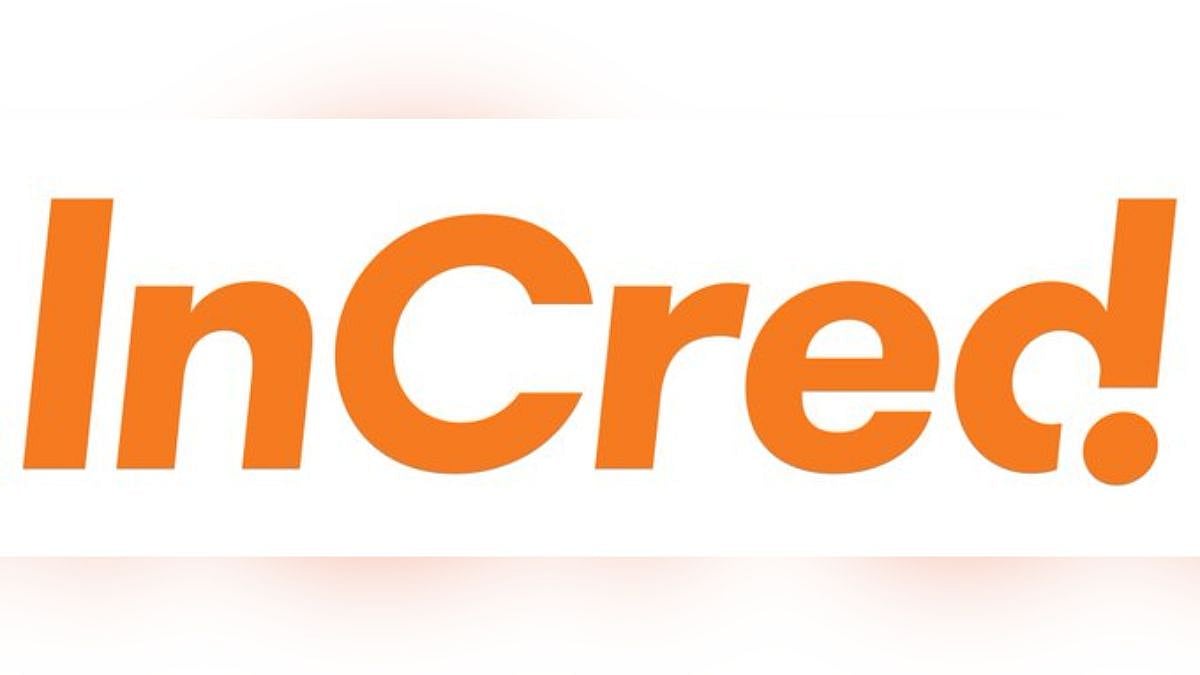Aprameya Radhakrishna, CEO and Co-founder of Koo, is a man of few words. But he is vocal as he holds forth on the vision for his Made-in-India micro-blogging app that garnered high visibility earlier this year as key Government departments and ministers made their debut on it in the wake of Twitter’s refusal to ban accounts tweeting about farmer genocide. Here, Radhakrishna recounts in his own words his eventful journey
Born to solve problems...
I'm one of the very few Kannadigas in the start-up ecosystem (because we're naturally a little laid-back and retirement-focused, otherwise)! Growing up in Bangalore, I was a silent but inquisitive kid. I am still very silent, and talk only when I have to. My Dad was a professor of Nuclear Physics and I asked him a lot of questions, trying to understand the world around me. I also tried to solve problems. For instance, my friends and I used to play cricket and one day, it so happened that none of us had a cricket ball to play with. Back then, a ball used to cost Rs 2, but we were too scared to ask our parents for that money. Then I hit upon an idea. A medical shop nearby used to give out medicines wrapped in covers made of newspaper. We took about an hour to make 200 of those covers, and sold it to the man who gave us Rs 2 for them! We bought a ball and played cricket that day. It was an early sign of wanting to solve problems using ideas… to somehow get out of a situation and not get stuck. Even now, I hate being stuck. I always move towards a solution, rather than brood over what's going wrong.
I recall another incident, where my father refused to buy me a watch that I wanted to time myself during preparations for my Standard X exams. I kept pleading and when he did not relent, I said in anger, ‘I will start a watch company when I grow up, and I won't need to ask anybody for a watch.’ I didn't know what a company was, nor did I have a clue about running one, but I figured that I would have access to a watch if I manufactured one myself!
I went on to NIT Surathkal, worked with Infosys for a couple of years, then did my MBA at IIM Ahmedabad and post that, worked with Jones Lang Lasalle Inc., before entering the world of entrepreneurship.
Turning entrepreneur...
While at Jones Lang Lasalle, I met real estate entrepreneurs and got first-hand experience of how businesses are run. In fact, I would take lots of ideas to my CEO, but the CEO would not be open to them. A combination of knowing how businesses run and not getting enough space to ideate and express myself made me think that I should perhaps run a business of my own, that if I put the same kind of effort into my own business, it would do really well.
That's when I started getting in touch with college friends to explore business ideas. A discussion with Raghu, my batchmate from engineering who had also gone to IIM-Ahmedabad a year earlier, led to the thought that there are so many cabs across the city, and if we are at a particular point, we should be able to hit a button to alert all of them, so that the nearest cab comes to us. We found that there was no app or even company on the web solving the problem with technology. No Uber or Ola existed then. So we further explored our idea, and decided to kick-start TaxiForSure.
The genesis of Koo...
After exiting TaxiForSure in 2015, I started thinking about the next big impact business that can be built. I noticed that everybody who was new to the Internet was only watching videos. If we, the English-speaking audience, just watched movies or listened to music, it wouldn't accelerate our personal growth as much as products which allowed us to connect and communicate and express. For that to happen for the wider audience, it would have to be with products that work in a language that people know. With that thought, we decided to start building products for the next billion Internet users who would want products in their own language. We kept experimenting - our first product was Vokal, where the community actually told us that they didn’t want to just answer questions. They wanted to also say whatever is on their mind in the local language. That's how we started Koo. We began building the product in November 2019, and launched Koo in March, 2020.
Atmanirbhar to the core...
Koo is a made-in-India app and we’re building it for the broader audience of India in Indian languages. Nobody better than an Indian entrepreneur to do that. For a product like Koo, which is going to be adopted by everybody in India, right from the biggest celebrities across Bollywood, politics and sports, to the common man, it is important for us not to be just another business. It is a place where people will come and speak their mind. It is a place where people will attract followers for their thoughts. On the recent exit of our Chinese investor, I can say that given the sensitivities of the business, and the geopolitical situation, it is important for us to be totally ‘atmanirbhar’ as a company. It is important to win the confidence of users in India.
As a kid, I figured out I could sing, and I became part of college bands… later the music band at Infosys. Now, I don’t sing as frequently as I should, but I can sing! One thing I love is meeting new folks with new ideas. That's how I'm an angel investor as well. If I can be part of somebody else's journey and help them realize a dream, there's nothing like it. I also like spending time with family, exploring different kinds of food, different places… Not during COVID, of course, but before that we used to travel a bit. New experiences, new ideas, new people… that's what I'm addicted to. My motto in life is – don’t stagnate; bring about a little improvement in whatever you're doing or yourself – try to be just 1% better each day. That’ll compound and pay you back in a few years.
On Koo in the poll scenario
We’re still small in some of the language communities where elections are going on right now. As the community becomes larger and every person involved in the elections, mostly politicians, garner their followers, they can address them directly through Koo. We will have to grow and nurture them well.
On monetizing the platform
We don't monetize Koo yet. Right now, it is all user acquisition and building the product for user love. At the right time, we will monetize it - advertising will obviously be the most low-hanging fruit. Brands will make their presence felt on Koo in due course of time. Take for instance, a Hindi daily like a Dainik Jagran or Dainik Bhaskar, with focus on just one language. They make tons of revenue through advertising in their newspapers. Now, the same advertisers, given an opportunity to target digitally the same kind of audience that prefers the local language, will definitely want a way to target them. There, the potential is huge.
On challenges before Koo
The only challenge would be internal - can we execute to the kind of potential that there is in the market, can we hire the right team to make this execution happen? We’re on the job, and I'm very confident that we will succeed.
On need for policy support
As long as we make sense, the policies will support the businesses. Even with TaxiForSure, while the policies said aggregators are not allowed, when we solved a problem for the user and driver, policies were made around aggregators. I am very confident that the Government of India will always be supportive of new ideas and policies will be made around products that are for the betterment of the people.
On keeping Koo safe
Out of 100 users who download the app, about five to 10 people actually create something on the app. Out of the 5 to 10, less than one actually says something nasty or creates some mischief. Of them too, 0.1% will actually say something in the gray area, but you don't know what is that. So to set guidelines for the 0.1% so that the 99.9% actually have a great experience is very important. We have a reporting mechanism, allowing people to report any post that they think is against the laws of the land. We review it and take action accordingly. If we get notices from regulatory bodies or anybody else stating a valid reason for taking down any content, we definitely abide by it.
We get a lot of love...
The rate at which celebrities are getting followers on Koo is much, much higher than anywhere else. In one or two months, people have started getting half a million to a million followers. If you extrapolate that and look at the population of India, then they'll all get massive following over the next few years. Then there is the engagement itself - we have a better ratio of like-to-follower than anywhere else. We've been able to get deeper into the networks, and people who communicate in local language and were never exposed to micro-blogging earlier are now getting a sense of freedom of speech and can talk their mind on the Internet for the first time, and that is giving us a lot of love from the youth.
Towards 100 million users…
We want to grow rapidly – our priority is to take our 5 million downloads to 100 million downloads in the next one-and-a-half years. We are constantly inviting folks who are great at content creation, to be part of the platform. We are partnering with various media houses and people who want to support an Indian app in the field of micro-blogging. We're presently live in eight Indian languages, as well as English. We want to be in all official Indian languages in the next one year. Another priority is to hire a lot of capable folks across our engineering and business teams. Right now, we're a team of 70 odd people, split between engineering, growth, product, community and the usual support functions.
Why Koo over Twitter...
It is very clearly localization. If you want to connect with the world, which is speaking English, there is a product that you can use, which is Twitter. If you want to connect locally, deeper in India, Koo is the place to be. These are two different use cases. If you want to follow Elon Musk today, Twitter is the place. But if you want to follow local celebrities, local people who matter, and build an influence around yourself in that space, then it is Koo.
If I could change one thing ...
I would encourage people to be a lot more accepting of others. Whether it is a greener planet, whether it is more sustainable living or just being kind to each other, we tend to become individualistic. I would push everybody towards harmony, and the realization that we are all one and need to get together, no matter what the objective is… My action towards you will influence you in a way that will influence somebody else who is beside you. If I'm positive towards you, for the next one hour, you might just go and be positive to somebody else because I was positive towards you.









